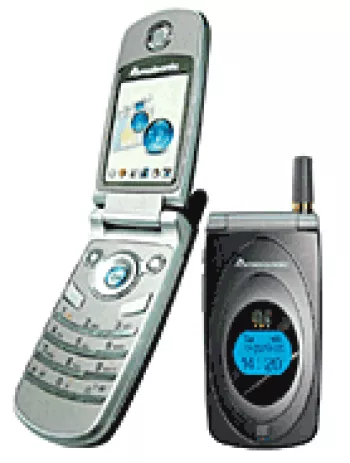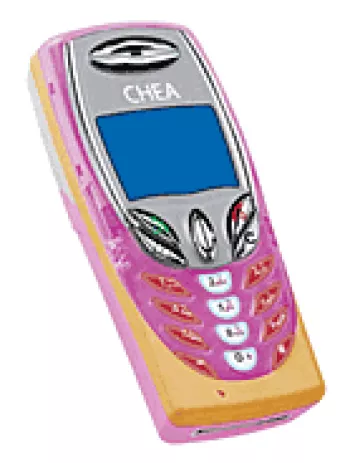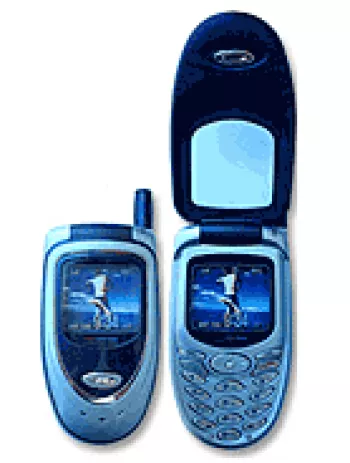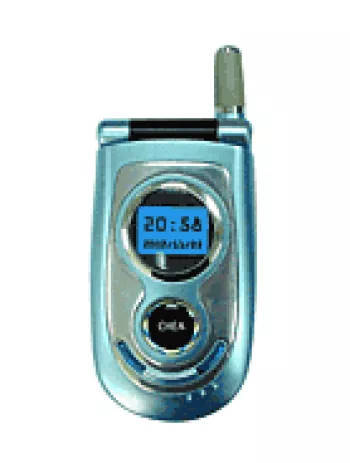
Overview of Chea 208
The Chea 208 is a feature phone that was announced in the third quarter of 2003 but never reached commercial production as it was subsequently cancelled. Targeted at users who primarily required basic telecommunication functions without the complexity of modern smartphones, the device was designed to serve as a straightforward means of communication and basic entertainment.
Network and Connectivity
The Chea 208 was equipped to operate on GSM networks and supported the common frequency bands of GSM 900 / 1800. Users had access to basic data services through GPRS, although more advanced data technologies such as EDGE were not supported. This limited connection capability suited users who needed minimal internet usage.
Body and Design
Physically, the Chea 208 was compact and lightweight, with dimensions measuring 85 x 45 x 20 mm. Weighing just 74 grams, the phone was portable and easy to handle. The device housed a Mini-SIM slot, which was standard for feature phones during its intended release period. The design simplicity was evident in its minimalistic approach focusing on functionality over aesthetics.
Display
The device was equipped with a TFT display capable of showing 65K colors, offering a resolution of 128 x 160 pixels. Although the display size was unspecified, its basic screen resolution was typically enough for straightforward tasks like reading messages and navigating the phone's features.
Memory and Storage
The Chea 208's storage was quite limited by modern standards, with no card slot available for memory expansion. The phone could store up to 150 contacts in its phonebook, an essential feature for maintaining communication with family, friends, and business contacts. Call records and additional storage capabilities were not detailed, emphasizing its role as a minimalistic device.
Sound and Alerts
The phone lacked a loudspeaker and a 3.5mm audio jack, suggesting that audio capabilities were not a primary focus of its design. Users could personalize incoming alerts using vibration modes and polyphonic ringtones, with an option to compose their own tunes. These features were standard for feature phones of that era.
Communication and Features
Communication on the Chea 208 was limited to SMS and MMS, allowing users to send text and multimedia messages. The built-in WAP 1.2.1 browser facilitated basic web browsing, though this experience was limited compared to modern standards. The phone included standard utilities such as a clock and alarm, as well as four built-in games for entertainment. The interface supported the English language and incorporated Java, enabling some additional application functionality.
Battery Life
Powered by a removable Li-Ion battery with a capacity of 650mAh, the Chea 208 promised decent standby and talk times. With a standby time of up to 200 hours and a talk time of up to 2 hours, the device offered sufficient battery life for light usage throughout the day. The option to replace the battery helped in extending the phone's lifespan.
Miscellaneous
In terms of aesthetic choices, the phone did not specify any available colors, reflecting its unreleased status. The overall aim of the device seems to have been to offer a basic, reliable mobile communications option without additional features or complexity.
Conclusion
In summary, the Chea 208 was a feature phone that reflected the telecommunications needs of its time, offering only essential communication features and straightforward usability. Although it never made it to market, it remains an example of early 2000s mobile technology, highlighting the significant advancements in phone capabilities we have seen since then.
Key Features of Chea 208
- Compact and lightweight design with dimensions of 85 x 45 x 20 mm and a weight of 74 g.
- TFT display with 65K colors and a resolution of 128 x 160 pixels for clear visuals.
- Supports GSM 900 / 1800 bands with GPRS capability.
- Phonebook can store up to 150 contacts.
- Removable Li-Ion battery offering up to 200 hours of standby time and up to 2 hours of talk time.
- Messaging features include SMS and MMS support.
- Comes with pre-installed games for entertainment.
- Includes a WAP 1.2.1 browser for basic web access.
- Alarm and clock features are available.
Chea 208 Device Disadvantages
- Connectivity limited to GSM with no 3G or 4G support.
- Device status is cancelled, meaning it never reached the market.
- Lack of camera features.
- No support for expandable memory (No card slot).
- No loudspeaker available.
- Limited to polyphonic ringtones with no 3.5mm headphone jack.
- Absence of modern connectivity features such as WLAN, Bluetooth, GPS, and Radio.
- Lacks USB connectivity.
- Basic display specifications with a low resolution of 128 x 160 pixels.
- Short talk time battery life of up to 2 hours.
View Also
More Phones
All Rights Reserved +13675 Phones © Mobilawy 2025
























